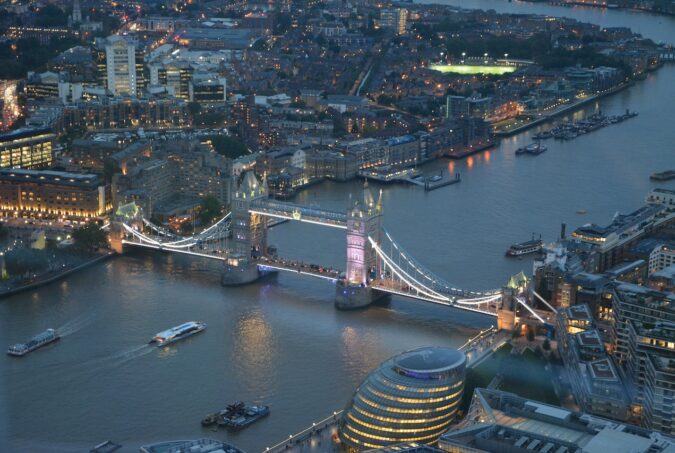“Big data” is a growing area of interest for public policy makers: for example, it was highlighted in UK Chancellor George Osborne’s recent budget speech as a major means of improving efficiency in public service delivery. While big data can apply to government at every level, the majority of innovation is currently being driven by local government, especially cities, who perhaps have greater flexibility and room to experiment and who are constantly on a drive to improve service delivery without increasing budgets. Work on big data for cities is increasingly incorporated under the rubric of “smart cities”. The smart city is an old(ish) idea: give urban policymakers real time information on a whole variety of indicators about their city (from traffic and pollution to park usage and waste bin collection) and they will be able to improve decision making and optimise service delivery. But the initial vision, which mostly centred around adding sensors and RFID tags to objects around the city so that they would be able to communicate, has thus far remained unrealised (big up front investment needs and the requirements of IPv6 are perhaps the most obvious reasons for this). The rise of big data—large, heterogeneous datasets generated by the increasing digitisation of social life—has however breathed new life into the smart cities concept. If all the cars have GPS devices, all the people have mobile phones, and all opinions are expressed on social media, then do we really need the city to be smart at all? Instead, policymakers can simply extract what they need from a sea of data which is already around them. And indeed, data from mobile phone operators has already been used for traffic optimisation, Oyster card data has been used to plan London Underground service interruptions, sewage data has been used to estimate population levels, the examples go on. However, at the moment these examples remain largely anecdotal, driven forward by a few…
If all the cars have GPS devices, all the people have mobile phones, and all opinions are expressed on social media, then do we really need the city to be smart at all?

